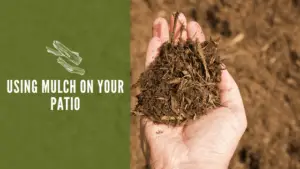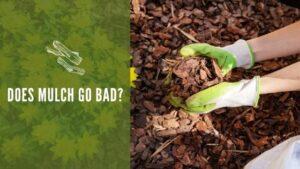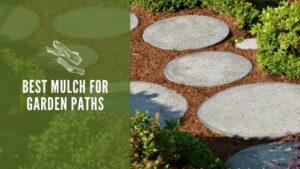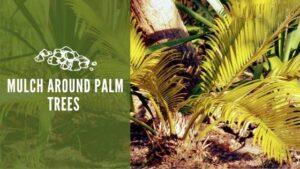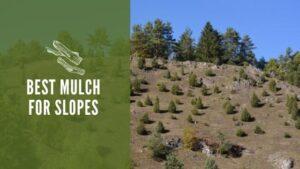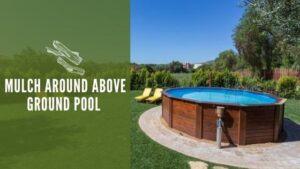What Is Tunneling in My Mulch?
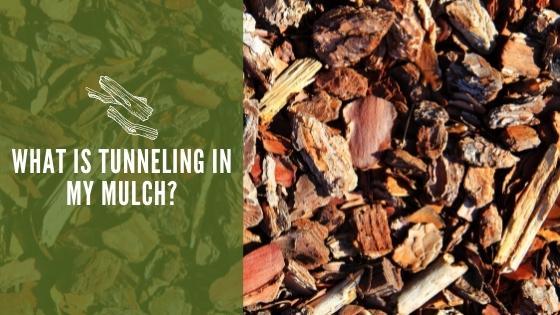
You may lay mulch for aesthetic purposes. Or perhaps, you used it to limit weed growth and optimize moisture retention. No matter the purpose, if you notice a tunnel in the mulch, it’s important to get to the root of the problem. So what could it be?
What Animal Digs Small Holes in Mulch?
First and foremost, you should know that various small rodents and other creatures could be digging holes in your mulch.
Although mulch will deter many bugs, certain bugs will be attracted to your mulch if it is laid too thick. Insects attracted to mulch include carpenter ants, earwigs, roaches, and termites.
With that being said, you may also have birds that will peck in the mulch and leaves holes. They’re trying to feast on the insects. If there are any seeds in the mulch, the birds could be trying to get that as well. The holes that birds make in mulch are usually small and shallow.
Chipmunks may make holes in the mulch to get to seeds. These holes will be slightly wide and deep. A skunk could make a similar-looking hole when they’re digging to find grubs.
What Animal Tunnels in Mulch?
Several rodents will dig tunnels in your yard. Rats will dig wide tunnels, but they won’t create an entire tunnel system. They’ll burrow beneath the ground for protection and shelter.
Chipmunks will create entire tunnel systems. They’re sneaky about entering and exiting the hole. While some critters will leave mounds of dirt around the entrance and exits of the tunnels, chipmunks don’t. They enter and exit through small holes, usually about two to three inches in diameter. This makes it extremely difficult to find where the end and beginning of the tunnels are.
Voles, also known as meadow mice, will create tunnel systems, and these creatures are a nuisance because of how destructive they can be. These pests will tunnel underneath your mulch and create an entire system to travel through. Voles and their tunnels can be nuisances, damaging your plants and eating the seeds.
Moles make tunnel systems that are about four inches under the surface. They make entire systems, not just burrows.
On the other hand, mice will make burrows, not complete tunnel systems. They’ll also inhabit the burrows or tunnels of animals who previously created the tunnels.
How Do I Keep Animals Out of My Mulch?
You may have spent a great deal of time and money getting mulch for your garden or landscape. Not to mention, you may be satisfied with the way it looks. You don’t want animals to create burrows or tunnels for these reasons.
As a result, you ideally want to prevent them from entering where your mulch is. Look for a repellant that will either taste awful to the animal or smell foul enough to keep them away. You first need to determine the type of animal that creates the burrows and find a repellant, especially for them.
One common natural repellant comprises jalapenos, garlic, soap, and water. This repellent is designed not to harm animals.
Another option is to install a fence. The animal won’t be able to walk through it but will tunnel under it if it’s not deep enough. Therefore, make sure you consider this when you’re planning how deep to place the fence.
Many people have also found success with keeping cats around their property to keep rodents away.
Cedar mulch is also a good choice. The scent will deter certain critters, and the cedar’s natural oil content will repel insects, but this option doesn’t mean they’ll be kept forever. Cedar mulch needs to be replaced or refreshed occasionally.
Certain animals will dig in your mulch and possibly tunnel through it. They can harm the appearance of the location and even hurt the plants. However, you can take steps to prevent and stop it, but it helps to know what’s digging the holes so you can target the problem more effectively.

